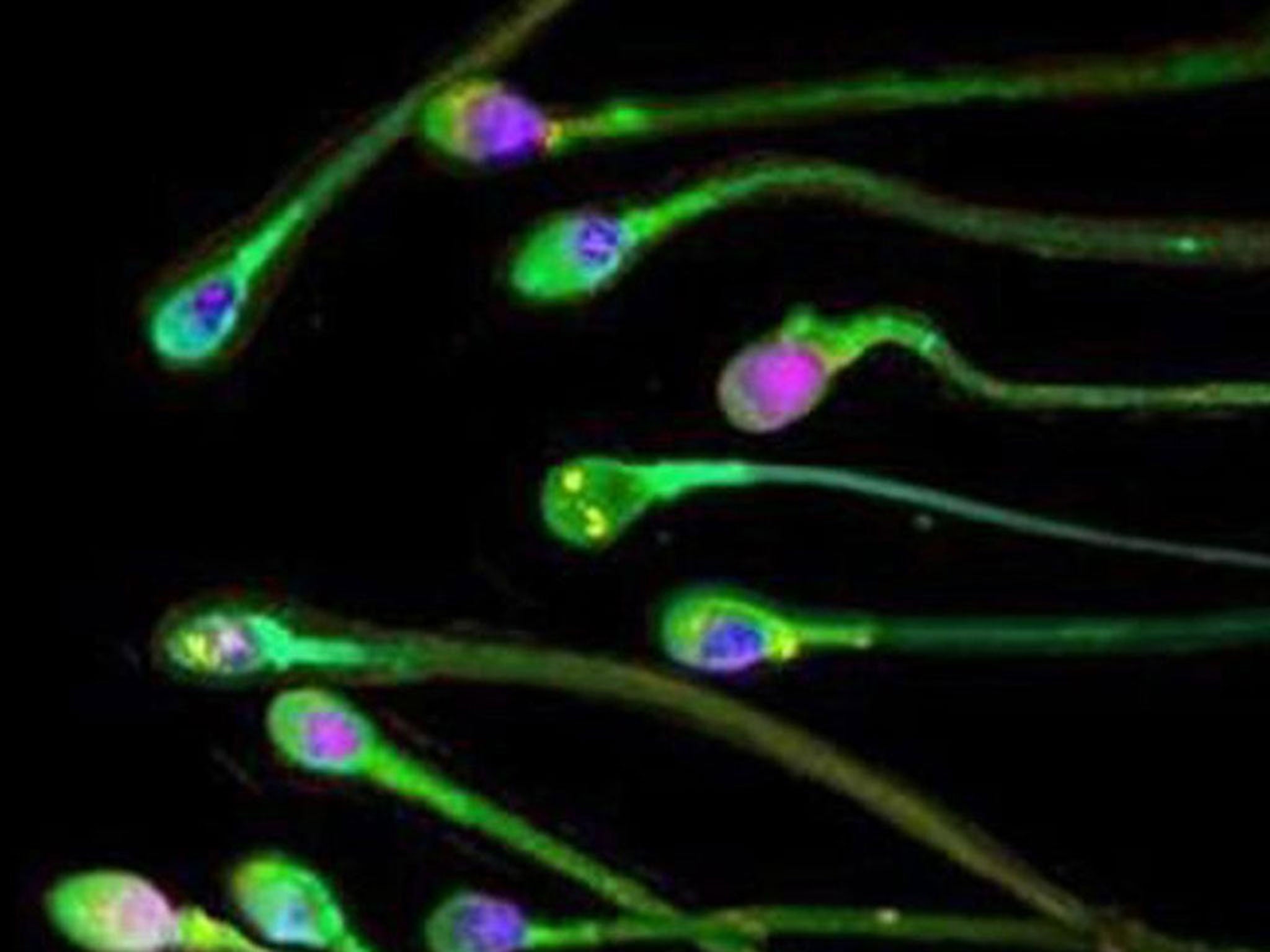Men should be able to donate sperm up to age of 45, according to new study
The current limit is 40 based on previous studies which found that sperm quality declines as men get older

Your support helps us to tell the story
From reproductive rights to climate change to Big Tech, The Independent is on the ground when the story is developing. Whether it's investigating the financials of Elon Musk's pro-Trump PAC or producing our latest documentary, 'The A Word', which shines a light on the American women fighting for reproductive rights, we know how important it is to parse out the facts from the messaging.
At such a critical moment in US history, we need reporters on the ground. Your donation allows us to keep sending journalists to speak to both sides of the story.
The Independent is trusted by Americans across the entire political spectrum. And unlike many other quality news outlets, we choose not to lock Americans out of our reporting and analysis with paywalls. We believe quality journalism should be available to everyone, paid for by those who can afford it.
Your support makes all the difference.Men should be allowed to donate sperm up until the age of 45, new research suggests.
The current limit is 40 based on previous studies which found that sperm quality declines as men get older.
However a study by Newcastle Fertility at the Centre for Life found that IVF clinics could use older men’s sperm because they were able to select ones that are sufficiently healthy.
Dr Meenakshi Choudhary told The Daily Telegraph: “It's sperm quality rather than male age that matters.
“Our results suggest that, up to the age of 45, there is little effect of male age on treatment outcome, but sperm donors are a selected population based on good sperm quality.
“Our study shows that we are good at selecting the right sperm donors with the right sperm quality - and that's why we found no difference in live birth rate despite the increasing age of sperm donors.
“Hopefully this study will give women a message that their chances will not be compromised if they have to choose an older donor.”
Dr Choudhary said a “few studies” had found age had an effect on DNA mutations “which might explain a higher rate of miscarriage, pregnancy loss and birth defect”, adding that an advanced paternal age had also been “associated with long-term disorders in offspring”.
But she said the available evidence was limited and there was “still no consensus about advancing paternal age and fertility outcome”.
The research was presented at the annual meeting of the European Society of Human Reproduction and Embryology.
However Professor Allan Pacey, chairman of the British Fertility Society, argued against raising the donation age limit to 45 “because of the possible effects on the health of children”.
He also said only about 5 per cent of men who apply to be sperm donors are accepted.
“I get little whispers, with pressure increasing due to the lack of sperm donors, that people are not adhering to accepted levels of sperm quality, and that is a worry. We simply don't have enough sperm donors in the UK,” he said.
Join our commenting forum
Join thought-provoking conversations, follow other Independent readers and see their replies
Comments